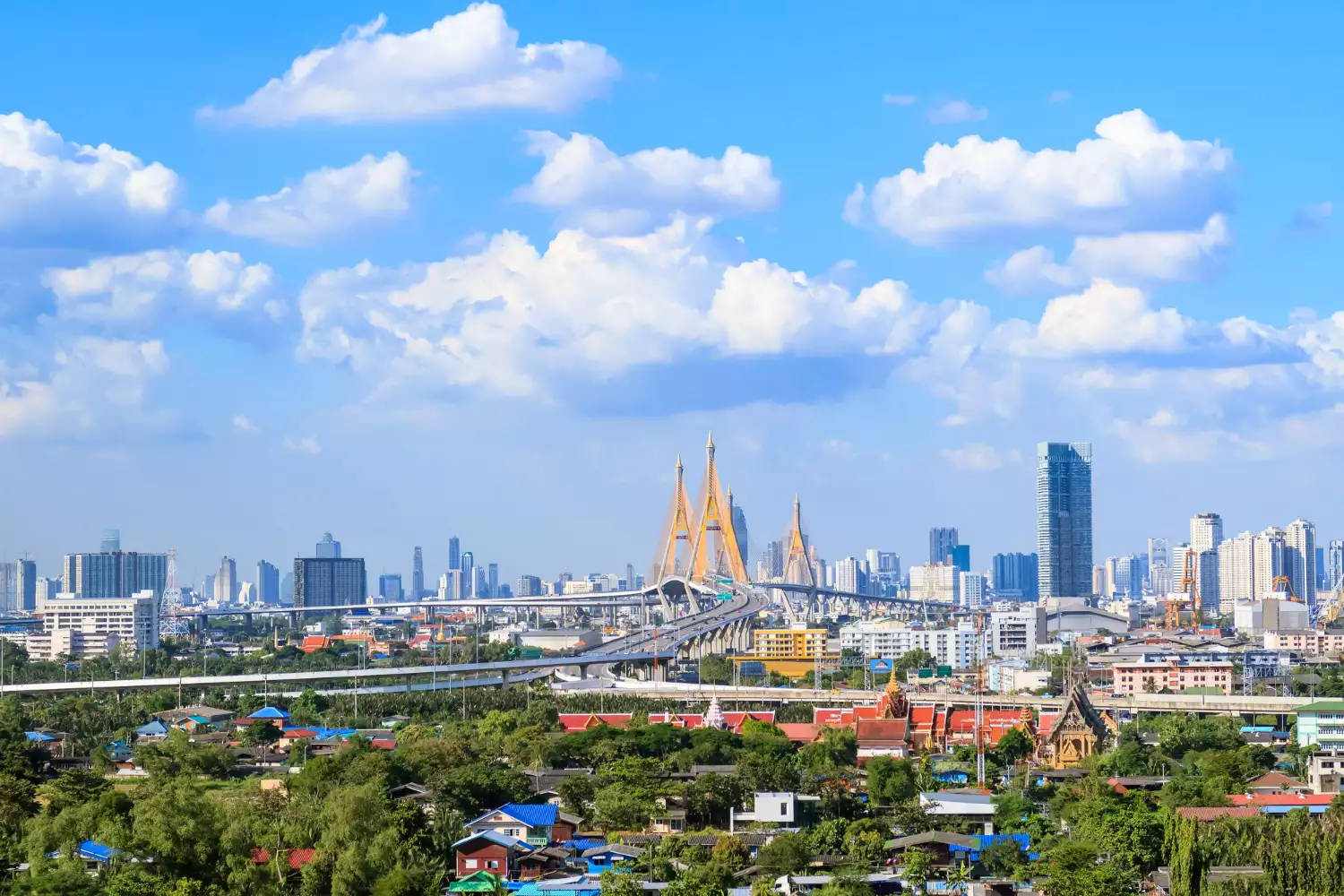"Forms of property ownership in Thailand: Freehold and Leasehold"
Owning property in Thailand can be done in two main forms - freehold and leasehold. Here are the main characteristics of each:
Freehold in Thailand is the equivalent of perpetual ownership of real estate, similar to ownership in most countries.
Lickhold, on the other hand, is a long-term form of ownership registered by the state. Formally, a lishold implies a long-term lease in which prepayment is charged immediately for the entire period of ownership, which is 90 years. In a classic lishold contract, the property is registered for 30 years, but guaranteed renewal rights for the remaining two terms of 30 years are usually granted by the developer (landowner) in the contract. Unless the contract contains special provisions for exclusive possession, the freehold can be inherited in the normal way and can be resold, gifted and transferred for the remainder of the contract term. It is important to bring the heirs into the contract at the transaction stage or to amend the contract later, but this may require additional legal services.
Both freehold and lishold are registered with the Land Department of Thailand. The owner who transfers the property to a freehold has no right to dispose of it for the duration of the contract. This means that he can not sell, mortgage, rent the property to third parties and make other transactions without the participation of the lisholder.
Quotas for foreigners in Thailand also play an important role. For freehold, foreigners are only allowed to own 49% of the property area, the remaining 51% can be lisholded. However, with the consent of the owner and if there is an available quota for foreigners, a property purchased in lishold can eventually be converted to freehold ownership with a surcharge, which is usually negotiated individually. Freehold properties are often 5-10% more expensive.
Foreigners also have restrictions on freehold land registration. Thai legal entities with foreign founders may register freehold land plots, but at least 51% of the interest in such a company must be owned by a Thai national.
As for owning apartments, condos and villas in Thailand:
- Condominiums and the apartments in them can be registered as either freehold or lishold, with foreigners allowed to own only 49% of the condominium area under freehold and the remaining 51% under lishold.
- Apartments do not have separate cadastral numbers and a building with apartments can only have one owner who can transfer the apartments to a lishold.
- Villas are most often deeded to foreigners in a dual form of ownership: the structure is freehold and the land is lishold. However, it is also possible to freehold land through a Thai resident's legal entity.
The choice between freehold and freehold depends on the purpose of the real estate purchase. Foreigners wishing to invest in real estate often prefer freehold, as real estate in freehold is usually cheaper by 5-10%. They also save on transaction registration and taxes.
Taxes on freehold and lishold clearance:
Freehold:
- Property transfer tax - 2%
- Rent registration tax - 1%
- Stamp duty - 0.5%
- Annual municipal property tax - 0.02% to 0.1% depending on property value and registered occupants
- Income tax (withholding tax) on sale - from 1% to 35% depending on the value and tax status of the owner
Lieshold:
- Property transfer tax - 2%
- Rent registration tax - 0.1%
This information can help you make a more informed decision about choosing a form of real estate ownership in Thailand depending on your specific needs and plans.
We will find property in Thailand for you
- 🔸 Reliable new buildings and ready-made apartments
- 🔸 Without commissions and intermediaries
- 🔸 Online display and remote transaction
Our managers will help you choose a property
Liliya
International Real Estate Consultant

Subscribe to the newsletter from Hatamatata.com!
Subscribe to the newsletter from Hatamatata.com!
We will find property in Thailand for you
- 🔸 Reliable new buildings and ready-made apartments
- 🔸 Without commissions and intermediaries
- 🔸 Online display and remote transaction
Our managers will help you choose a property
Liliya
International Real Estate Consultant

Subscribe to the newsletter from Hatamatata.com!
Subscribe to the newsletter from Hatamatata.com!
I agree to the processing of personal data and confidentiality rules of Hatamatata
Need advice on your situation?
Get a free consultation on purchasing real estate overseas. We’ll discuss your goals, suggest the best strategies and countries, and explain how to complete the purchase step by step. You’ll get clear answers to all your questions about buying, investing, and relocating abroad.


Irina Nikolaeva
Sales Director, HataMatata










